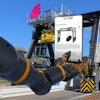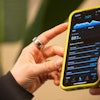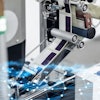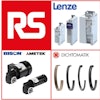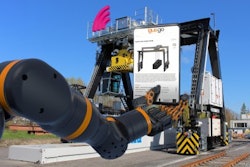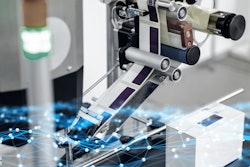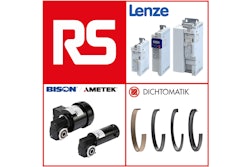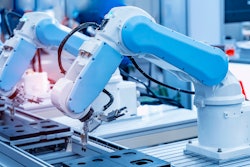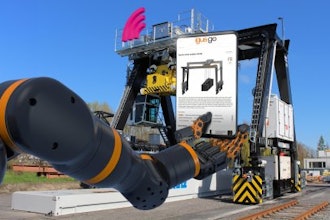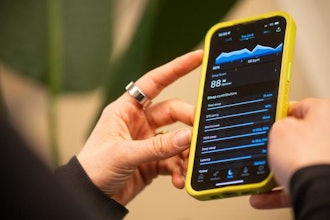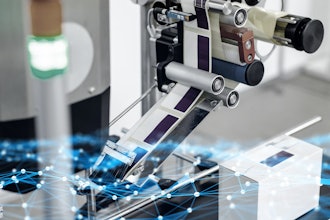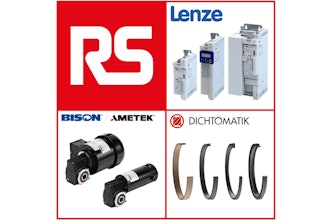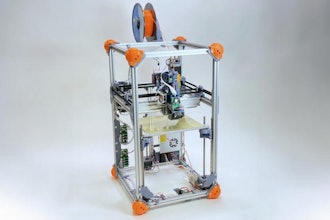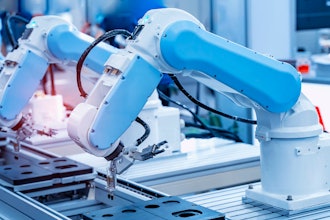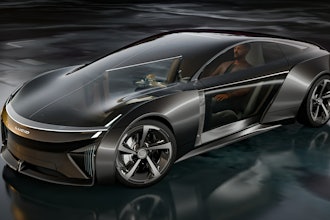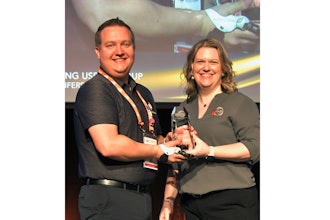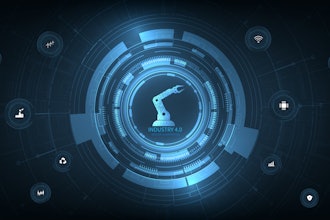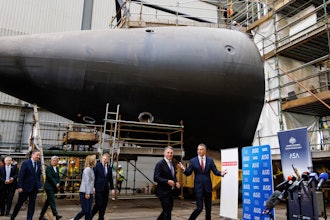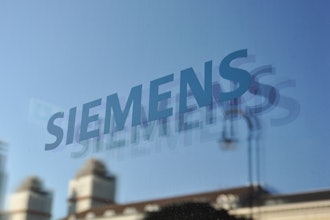In this episode, VW brings R&D to the U.S., Boeing’s Yellow Submarine and Coca-Cola’s new sales strategy.
DAS AUTO DOWN SOUTH
Volkswagen hopes a new engineering facility in Tennessee will lead to improved sales in the U.S. The world’s largest automaker currently comprises about 2 percent of the American auto market, while just 6 percent of its global sales come from the U.S. VW officials long assumed that whatever sold in its native Germany would also be successful in U.S., but the company is now ready to try a new strategy.
As part of an expansion of its Chattanooga plant, VW has established a new product development and testing facility. The center will reduce the time it takes for the automaker to bring vehicles to the North American market and will enable VW to react quicker to customers' needs.
YELLOW SUBMARINE
In the era of the self-driving everything, industry leaders are looking to expand autonomous technology as far as they can. That’s one reason why Boeing is investing in autonomous underwater vehicles (or AUVs).
It might not be the Beatle’s vision of a yellow submarine, but Boeing’s latest creation is a 32-foot-long autonomous submarine called the Echo Seeker, which Boeing says would be ideal for oil and gas surveying or mapping underwater features. The company says it’s still in the market evaluation phase, but sees a lot of promise for autonomous underwater vehicles.
SODA DIET
Soda sales have been declining for years as consumer tastes change. Pepsi recently announce omitting aspartame from its Diet Pepsi product to lure customers back, while Coca-Cola is taking another approach to increasing sales.
The New York Times reports that Coca-Cola is providing millions of dollars in funding for the non-profit group, Global Energy Balance Network, that argues weight-conscious Americans should be paying more attention to exercise and less attention to their diet, indicating that there’s really no compelling evidence that eating too much is the cause of obesity.
Health experts say this message is misleading and part of an effort by Coke to deflect criticism about the role sugary drinks have played in the spread of obesity and Type 2 diabetes.
SO, WHAT DO YOU THINK?
To be clear, this isn’t the first time Coca-Cola has tried to grease the system. In February, the company wrote several wrote online pieces for American Heart Month, with each including a mini-can of Coke or small soda as a snack idea.
Is Coca-Cola making a smart move by challenging the research? Or is it just running a fool’s errand? Overall, how do you think this strategy will affect the company’s sales?
Email us or leave your comments below.
Check out our sites every Tuesday and Thursday for your next Manufacturing Minute.
